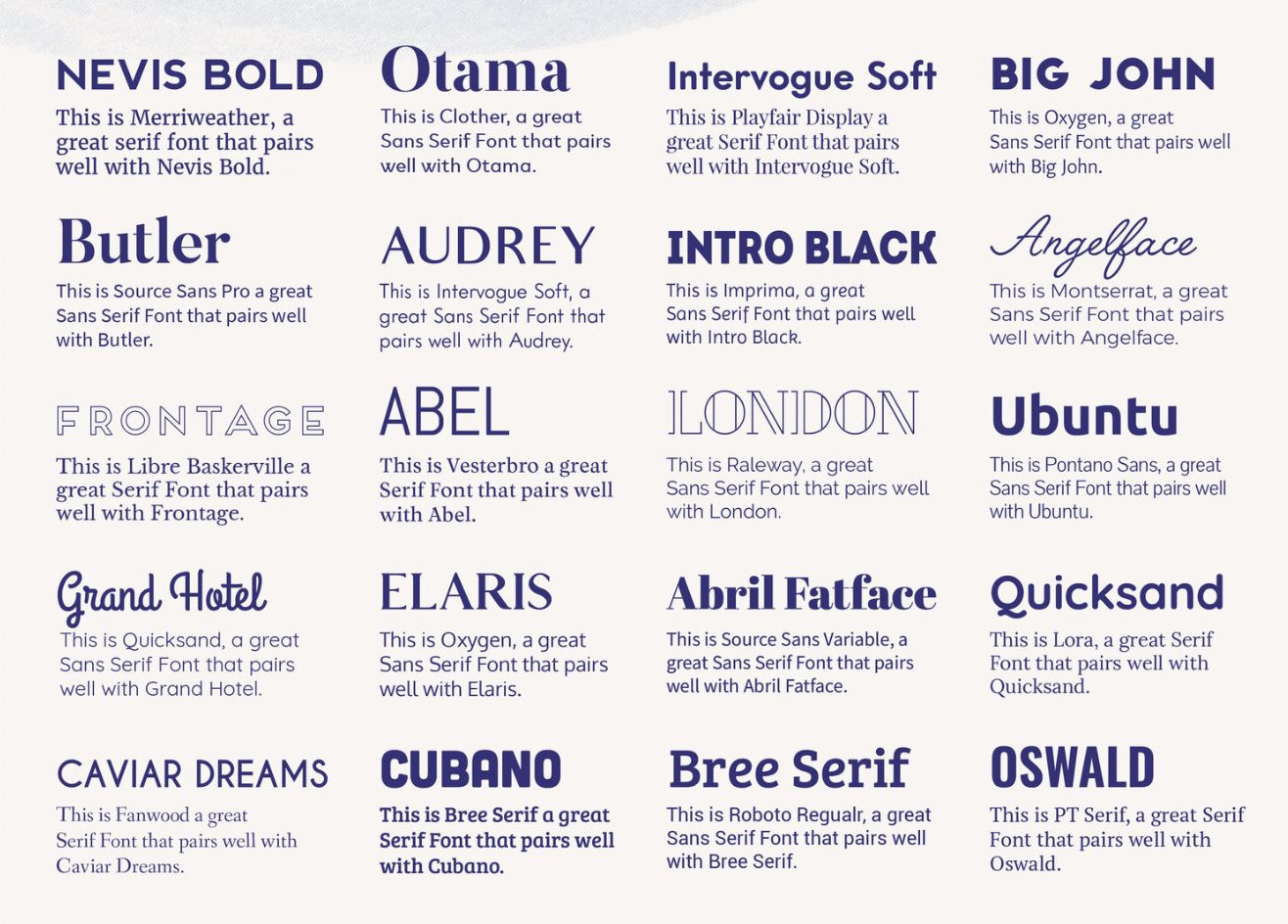How to Pull Audio From Any source
Ok folks, here’s one I get asked a lot.
Here are a few ways to pull audio from a source. Of course, make sure you have the right to use it. TikTok has come out recently with some sounds that are not permitted for commercial use which prior to this most sounds were seemingly fair game. Not the case anymore. Look into that before using any sound for commercial use.
Online Audio Extractors
1. Online Converters
- There are various online tools that allow you to convert video files to audio files. Websites like OnlineVideoConverter or Convertio let you upload a video file and convert it to an audio format.
2. YouTube to MP3 Converters
- Some websites offer the ability to convert YouTube videos to MP3 files. Keep in mind that downloading YouTube videos without permission may violate YouTube's terms of service.
PRO TIP: For Instagram and TikTok videos, if you are trying to use the sound and bring it out of the app to edit elsewhere but can’t find it from another source, you can do a screen recording of your phone screen, let the sound play in the app you’re trying to get it from and then extract the audio from that clip. Make sure your screen recording is enabled and that it also allows to capture the sound. Also, once you finally get your finished video into the app, at least with TikTok it will allow you to play an additional sound on top of your original clips’s sound. So to make sure your video comes up as using that audio you’ll want to add the track you’re using under “add sound” and under the “volume" button, turn that added sound all the way to zero. This way people can still find your video through that sound. Instagram doesn’t not have a capability for this at the time of this writing.
Important Notes:
- If the source material is protected by copyright, make sure you have the necessary permissions or licenses to extract, use, or distribute the audio.
- Familiarize yourself with the concept of "fair use" in copyright law. In some cases, the use of copyrighted material may be allowed for purposes such as criticism, comment, news reporting, teaching, scholarship, or research. However, the application of fair use can be complex and is subject to legal interpretation.
Always act within the bounds of the law and respect the intellectual property rights of others when working with audio content. If you are uncertain about the legality of extracting audio from a particular source, it's advisable to seek legal advice or consult the terms of use associated with the content.















